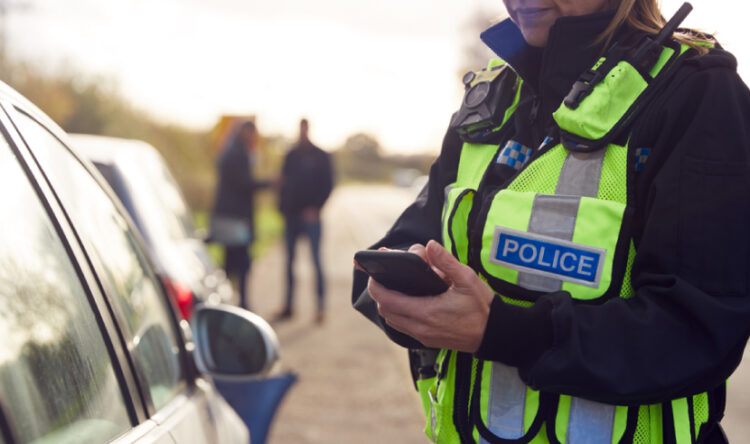Sounding out e-scooters
Work begins on developing e-scooter sound awareness
E-scooters are proving a problem in many ways for many people.
The increasingly popular method of urban transport are yet to be officially regulated. It means that there is no guidance on whether they should be on the road, or on the pavement. In truth, except for areas where official trials are taking place, they are not legally allowed in any public space or highway. Another top question is whether riders should be wearing appropriate protective equipment such as helmets.
That doesn’t seem to have hindered their popularity or slowed their growing numbers. That is despite the growing number of crashes and injuries involved.
Sound thinking
Another issue that has been flagged up, as with other electric vehicles, is their lack of noise. Many pedestrians complain of not hearing them approaching and raising the chances of collisions.
In response to this latter issue, the three operators of London’s rental e-scooter scheme are researching and developing a ‘universal sound’ to help improve safety, in particular for people with visual impairments.
Last week, Dott, Lime and TIER announced it would develop the sound in collaboration with the PEARL research facility at University College London (UCL).
Improving standards
The aim of the project is to improve safety across the entire e-scooter industry. The aim is to help people, in particular those with visual impairments, identify e-scooters approaching.
Research is expected to produce a sound which can be tested by operators in London this year. Then, attaining an industry standard and ultimately aiming to scale up to other cities in the UK and beyond is the plan.
Professor Nick Tyler, director of PEARL, describes it as an “exciting project”. The idea is to ensure all people will “know when an e-scooter is nearby and how it is moving”. This will ensure all people can feel safe around this new transport technology.
Evolving technology
The research will study how the human hearing system has evolved. From this a better understanding of how sounds work within the general environment and develop an effective noise that is “detectable without adding more noise to the environment”.
“We plan to test a range of combinations of sounds and environments at UCL PEARL with people who are less likely to detect e-scooters nearby, so that we create a sound that works for all.
“It is a huge scientific challenge, but one that will enable everyone to feel comfortable with this new form of micro-mobility that is quickly growing in popularity.”
Fred Jones, vice president and regional general manager of TIER, says its an important project.
“Working with experts at UCL to develop an inclusive sound for e-scooters will be crucial to protecting pedestrians and road users potentially made vulnerable through the introduction of this new transport mode to the UK.”
The project has been backed by TfL, who operates the scheme in London.







